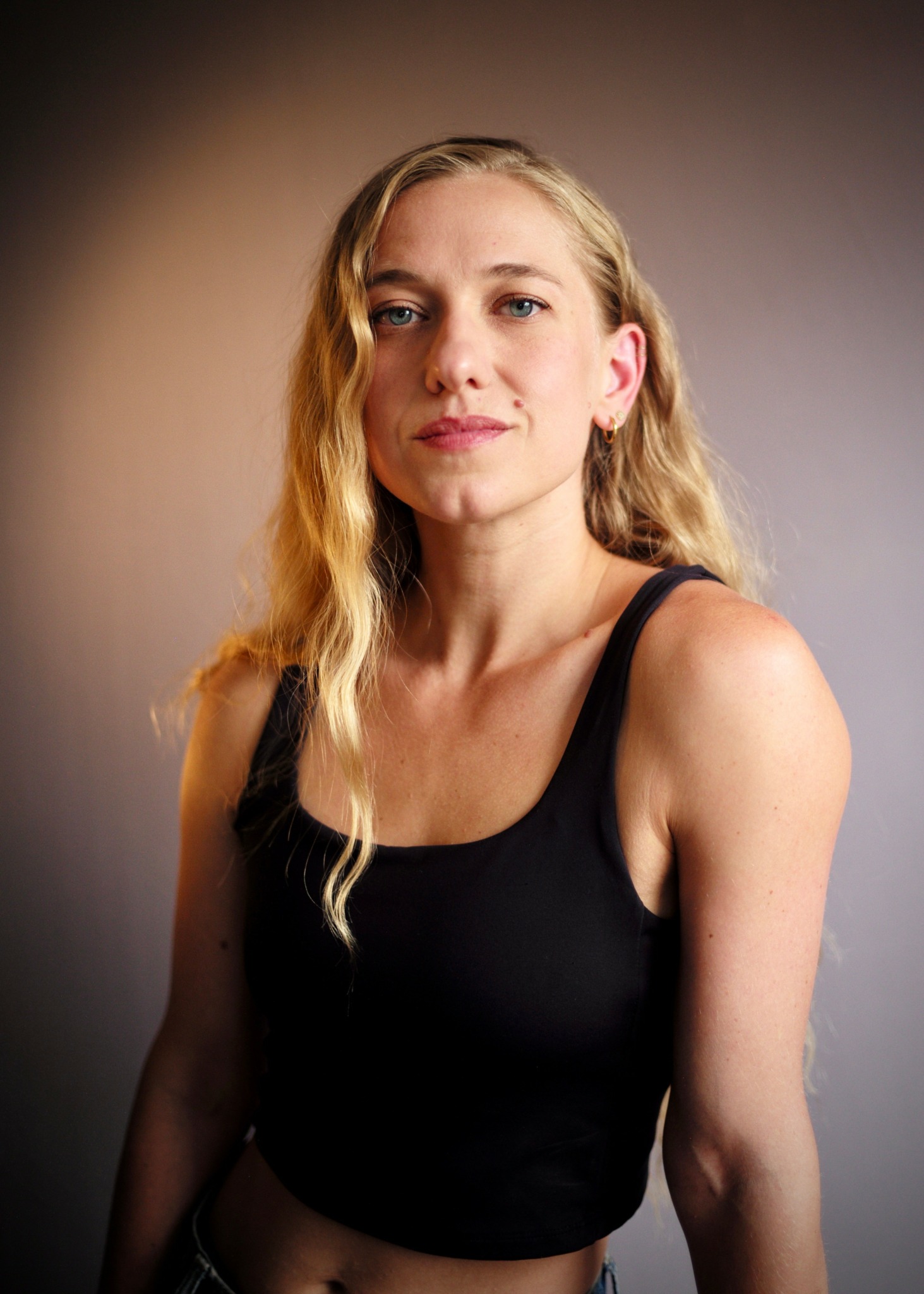We recently connected with Tana Sirois and have shared our conversation below.
Alright, Tana thanks for taking the time to share your stories and insights with us today. Can you open up about a risk you’ve taken – what it was like taking that risk, why you took the risk and how it turned out?
In 2022 I left NYC to pursue a Masters of Science in Creative Arts & Mental Health at Queen Mary University of London — I left my collaborators, the Arts & Culture Center I co-founded 6 years prior, and the city I called home in search of a new chapter — an experience of personal expansion… but this isn’t the risk I’m writing about.
As part of my Master’s course, I was asked to create a 15 minute autobiographical performance. We were studying the process of performing the self — the challenges, the therapeutic benefits, and the methods that would help us safely lead others through a similar experience as facilitators. I decided to create a solo performance about how Obsessive Compulsive Disorder affects my life. My experience with OCD is quite different from what is often portrayed in the media — I don’t wash my hands excessively and I don’t need things to be organized in a specific way. I do, however, have a debilitating fear of viruses that are transmitted through bodily fluid, and I struggle to leave the house without checking to make sure the stove is off — I overestimate the likelihood of threats and spend a lot of time trapped in a loop of OCD thinking (which looks something like… getting triggered or having an intrusive thought — becoming obsessed with the threat — having my mind jump to the worst case scenario — experiencing an increase of anxiety — engaging in compulsive, safety-seeking behavior — feeling a momentary decrease in anxiety… until the next trigger occurs, at which point the cycle begins again).
There are days, months even, when my OCD doesn’t bother me at all, and then there are some days days when absolutely everything feels like a risk — but the risk I’m writing about today is not the decision to leave my apartment without triple checking that the door is locked, it is the decision I made to expand this autobiographical performance about my OCD into a full-length one-woman show and to perform it professionally for an international audience.
Last week, my play — UnTethered — went up at The Istanbul Fringe Festival. I am incredibly honored to have been included in such a powerful line-up of international artists. I spent the week leading up to my show riding a wave of excitement and gratitude, and simultaneously drowning in a sea of insecurity and shame. I was worried the content of this show would not resonate with an audience that was not firmly situated in the field of mental health — I was concerned the intricacies in the text would be lost in translation — I was petrified the piece would seem too self-indulgent — that it would read too much like therapy — that it was too honest to be enjoyable.
On a personal level, I made this piece because it represented an acceptance of self — it provided a space where I could be fully honest about who I am (or at least who I was when I wrote it), but on a sociopolitical level, I made it to raise awareness about what OCD can look like and how it can affect relationships and intimacy. I battled with a lot of irrational fears when I was a teenager, and if I had heard someone link these fears to symptoms on the OCD spectrum when I was 19 instead of 32, I think it might have changed my life. The play is an attempt to show those who share a similar experience that they are not alone — a metaphorical hug to everyone who has ever believed they are too difficult to be deserving of love. I also wanted to use this play to address the ambiguity of the diagnostic framework — I wanted to show that, while they can be useful, diagnostic lines are blurry, and do not define us.
I am too close to this show to be able to accurately gauge if it was a success. I know I am incredibly happy with the work of my director, Polina Ionina. It takes an extraordinarily good director to work with such sensitive material — to enhance the heartbeat of the work without altering its rhythm. Of course, there are elements of the performance I was not happy with, but if I separate myself from my desire to achieve perfection, I can see that UnTethered resonated deeply with many people in the audience. At the end of the day, my job is not to judge the work, but to do the work as truthfully as possible. And I have to be honest — I do like the play.
In OCD treatment, there is a lot of emphasis placed on confronting your fears — on feeling afraid and doing it anyway. Whether you consider yourself on the OCD spectrum or not, I think this is an important practice for all of us — to feel afraid, and to take the risk.

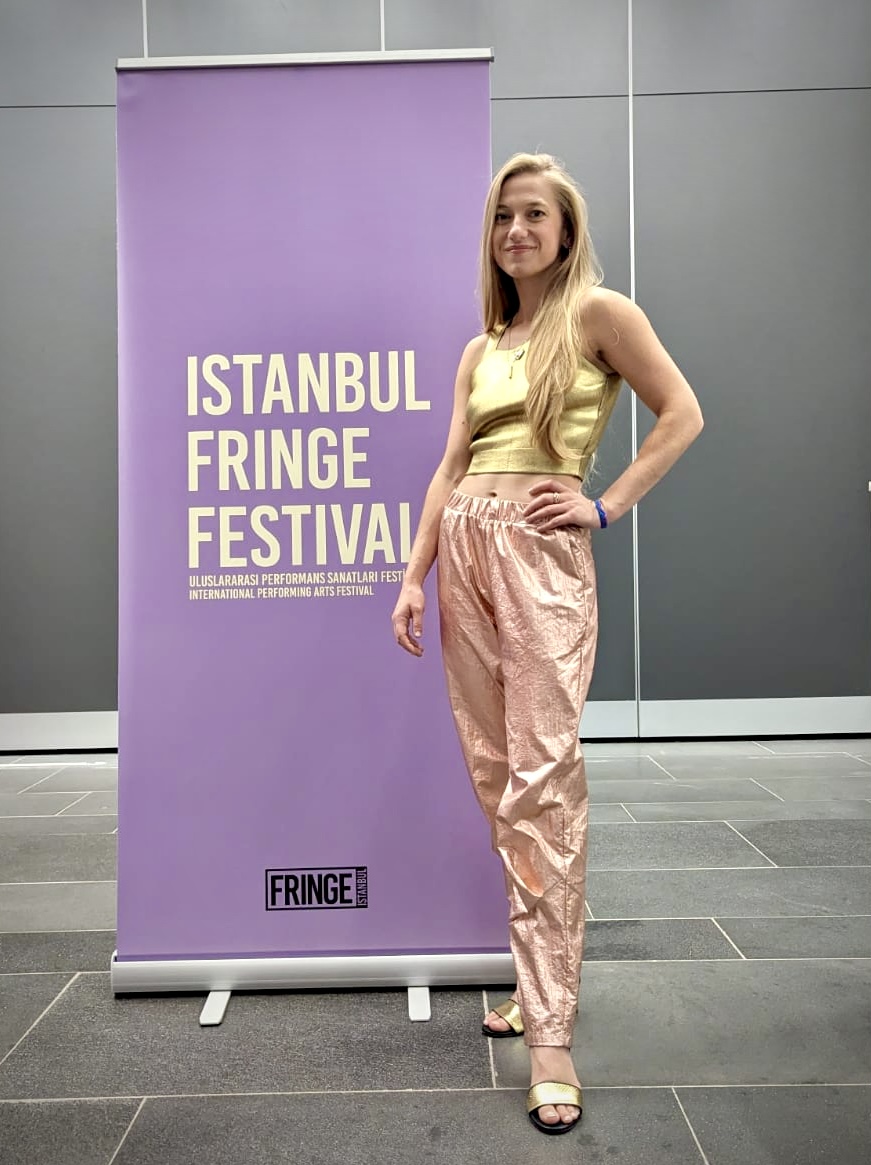
Tana, love having you share your insights with us. Before we ask you more questions, maybe you can take a moment to introduce yourself to our readers who might have missed our earlier conversations?
I’ve been working in the theatre industry since I was four years old, so I can not remember a time when theatre was not a huge part of my life. As an adult, the majority of my work has been focused on collaborative theatre-making at the intersection of theatre and social justice. I am a proud member of Broad Comedy — a feminist musical comedy sketch troupe that has raised over $2,500,000 for Planned Parenthood, and a company member of The How, which is an international movement ensemble focused on reflecting the emotional temperature of the world in physical form. I’ve dedicated a large portion of my life to dismantling barriers that prevent artists from creating through the founding of Culture Lab LIC — a non-profit arts & culture center in NYC that provides free space to artists as well as an annual residency program to support the development of new work. The research I’ve undertaken in the field of Arts and Health has focused on identifying the political structures and social inequalities that contribute to mental ill health and envisioning ways to enhance mental wellness through increased access to participatory art practices. In addition to acting and producing, I lecture at University and lead workshops around the world that explore how improvisational techniques can be used to unleash creativity, enhance connection and develop greater trust in the unknown.
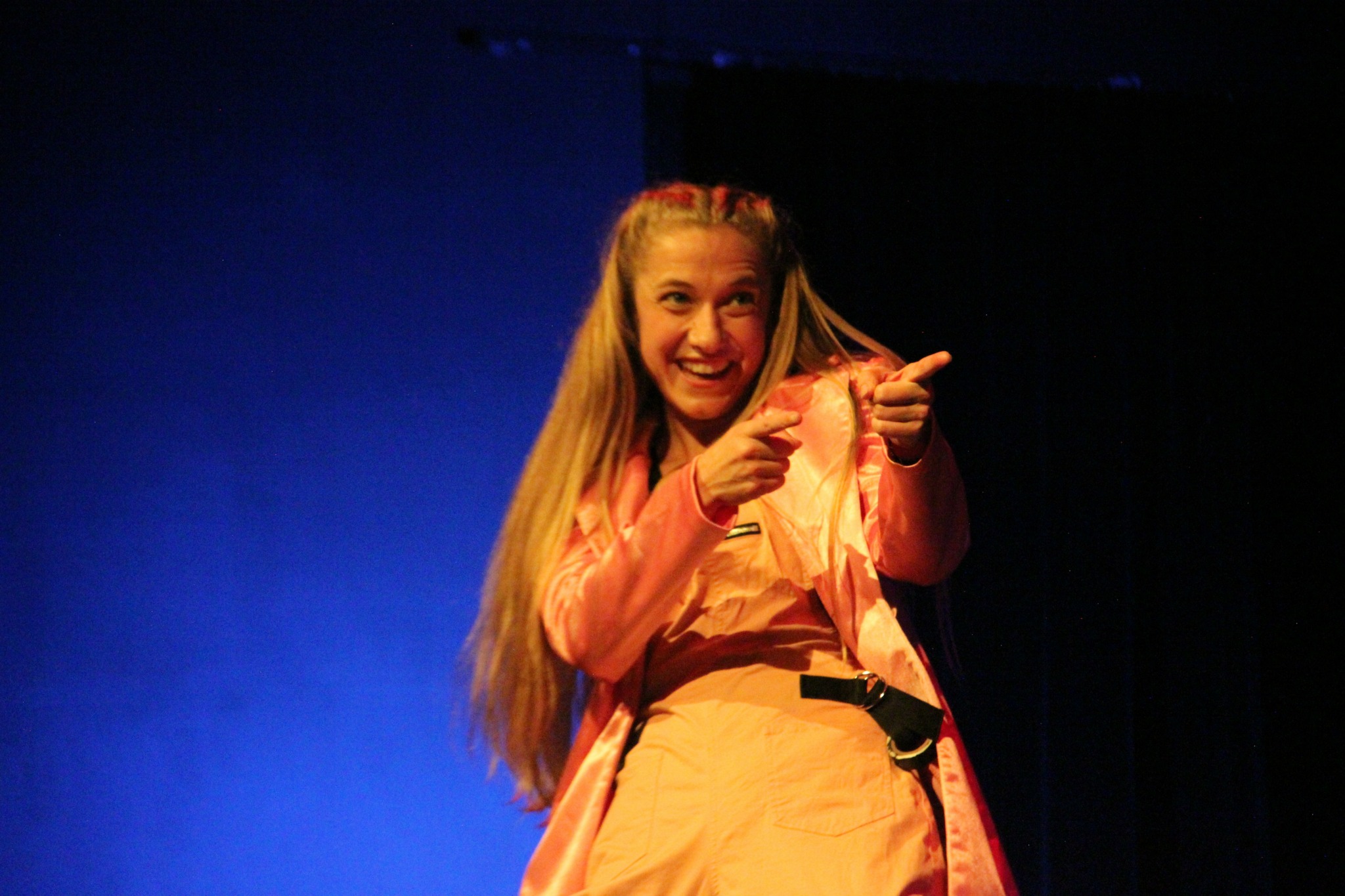
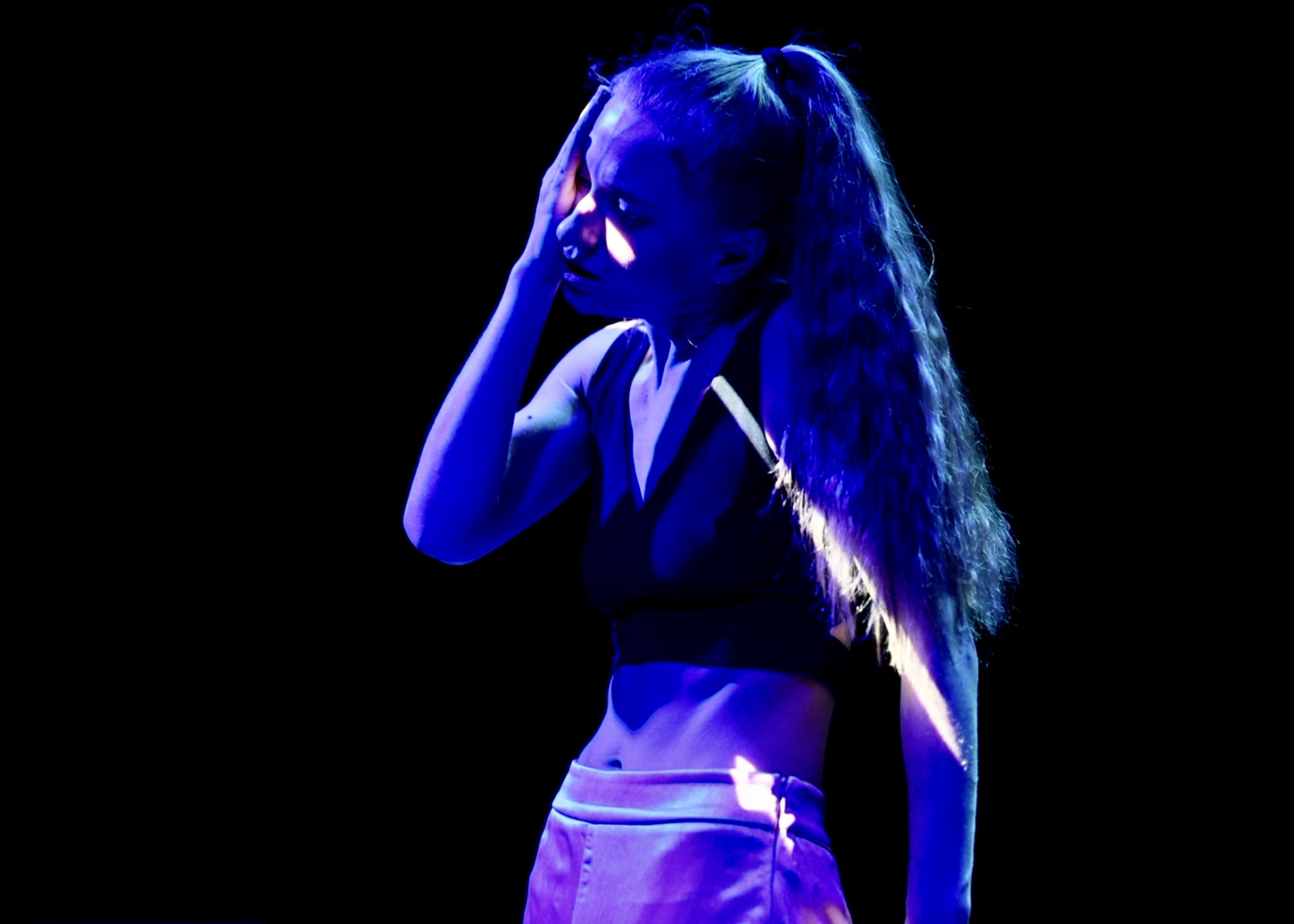
What do you find most rewarding about being a creative?
The most rewarding aspect of working in the creative industry is having the opportunity to collaborate with other artists — to connect deeply, to be inspired, and to co-create performances that feel important, challenging and necessary. These experiences bring a great deal of meaning to my life.

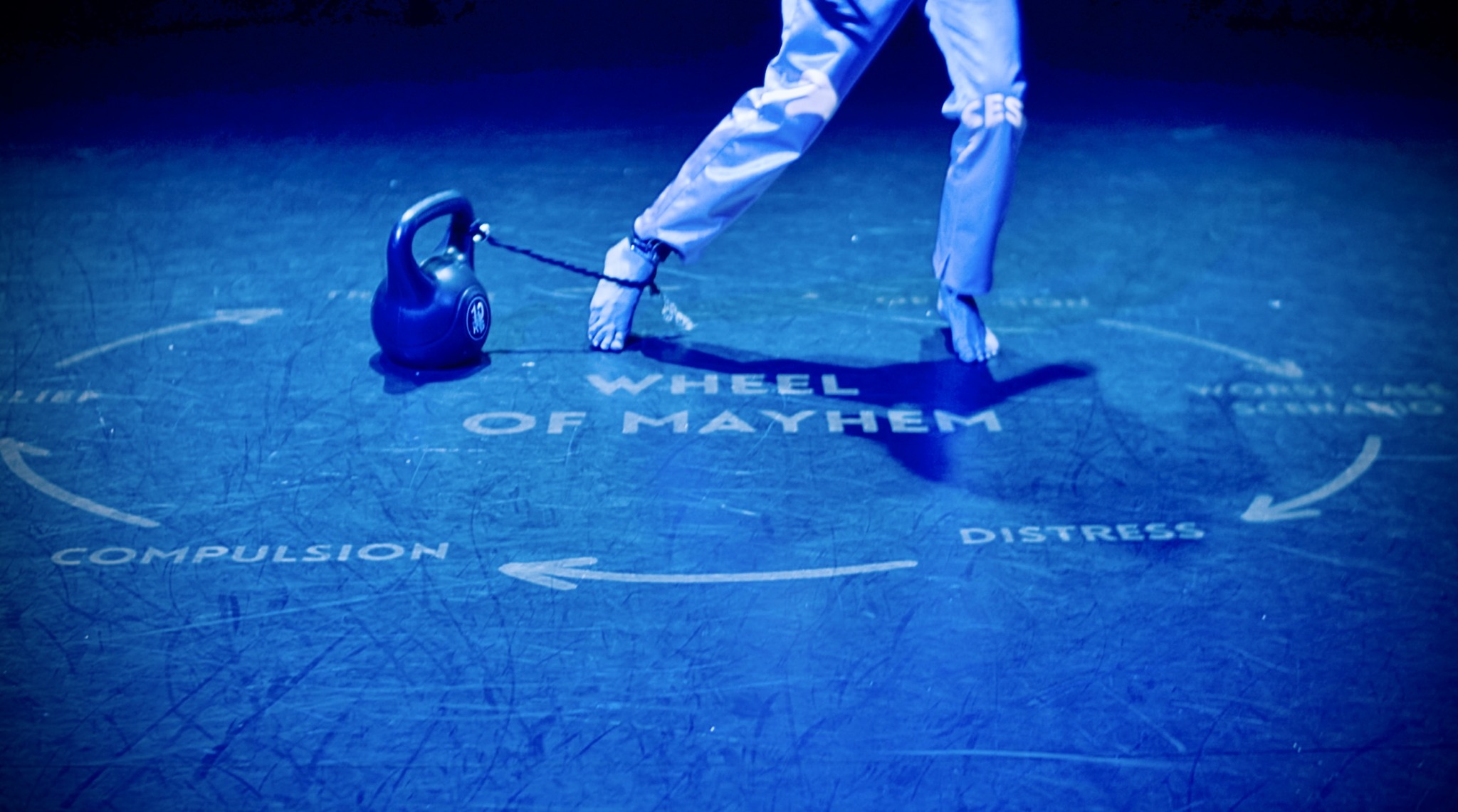
How can we best help foster a strong, supportive environment for artists and creatives?
We know that involvement in the arts strengthens community, amplifies self-agency, and leads to a dramatic improvement in mental health. (The World Health Organization released a report in 2019 containing over 900 studies proving that art has a positive impact on health and wellbeing — the positive effects of art on mental health were also outlined in a 2023 report by University College London that included 3,000 studies spanning 20 years.) Artists play a valuable role in improving psychological health and emotional wellbeing. Artists also require time, space and a supportive environment to create. As artists, we often struggle to operate in a world that prioritizes productivity and efficiency over connection and collaboration. What can society do to best support artists? Uh… dismantle capitalism?! Ha — it’s a big question. For the purposes of this article, I would say that we all must get loud about the positive influence creativity has on our health and wellbeing and push hard for increased funding for the arts. And the artists — the artists must continue making work — work that is so moving — so bright — so powerful — that policy makers can no longer ignore the positive impact we have on the health of this world.
Contact Info:
- Website: https://www.tanasirois.com/
- Instagram: @tana_sirois
- Facebook: https://www.facebook.com/tana.sirois/
- Linkedin: https://www.linkedin.com/in/tana-sirois-0ba947109/
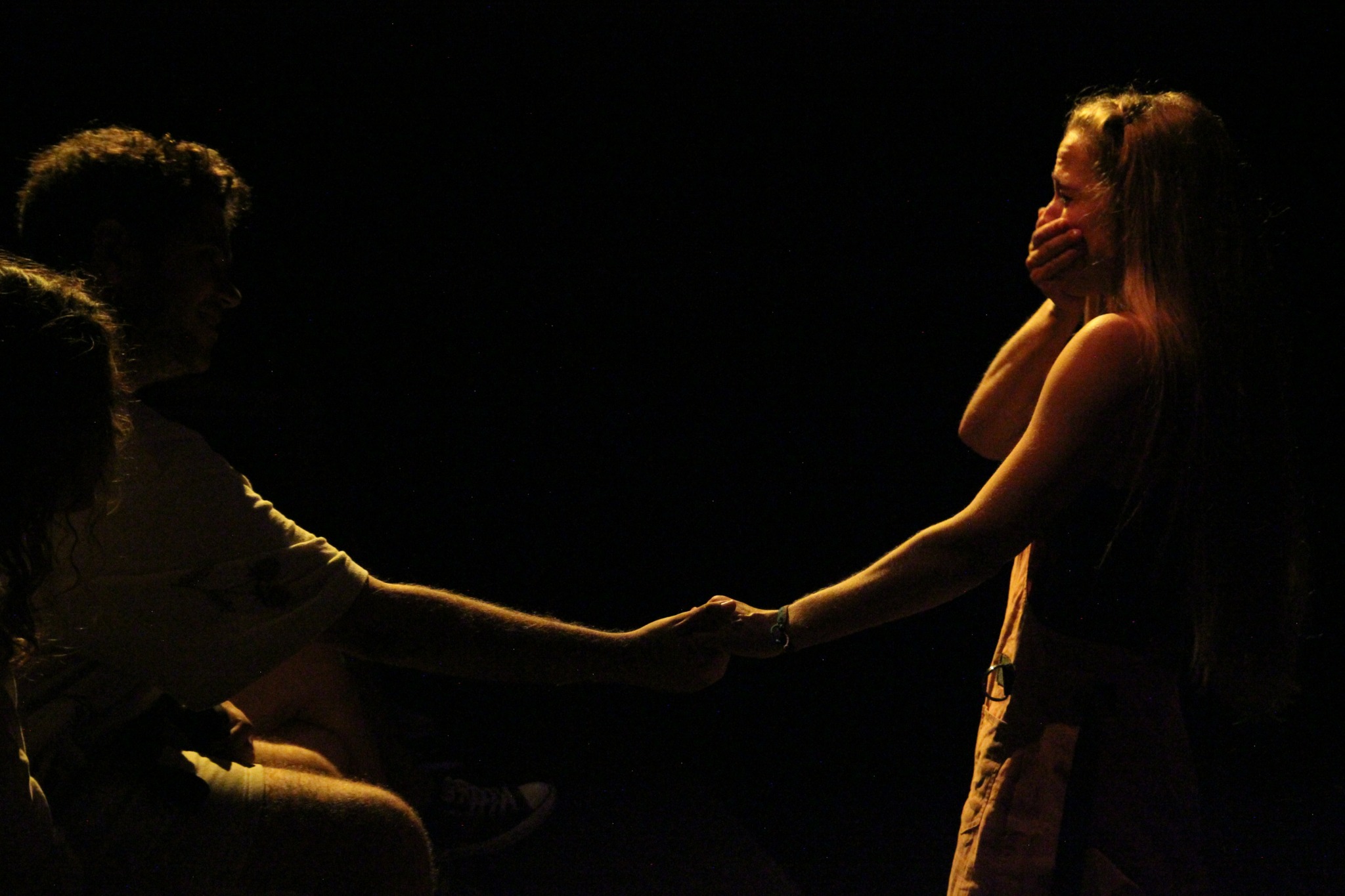
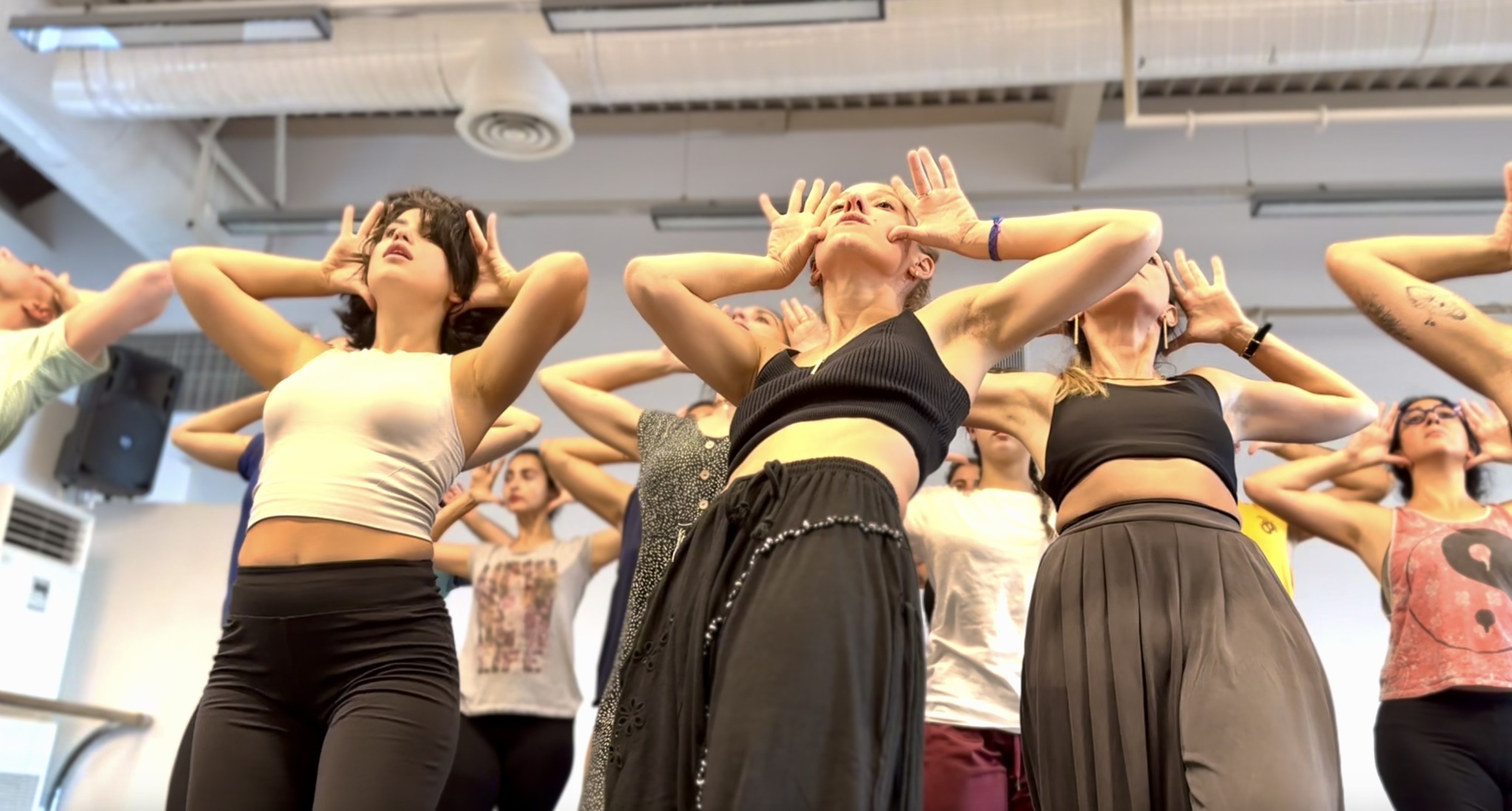
Image Credits
Tristan Bejawn, Skyler Reid, Yusef Tan Demirel and Karen Yazel Yivli.


